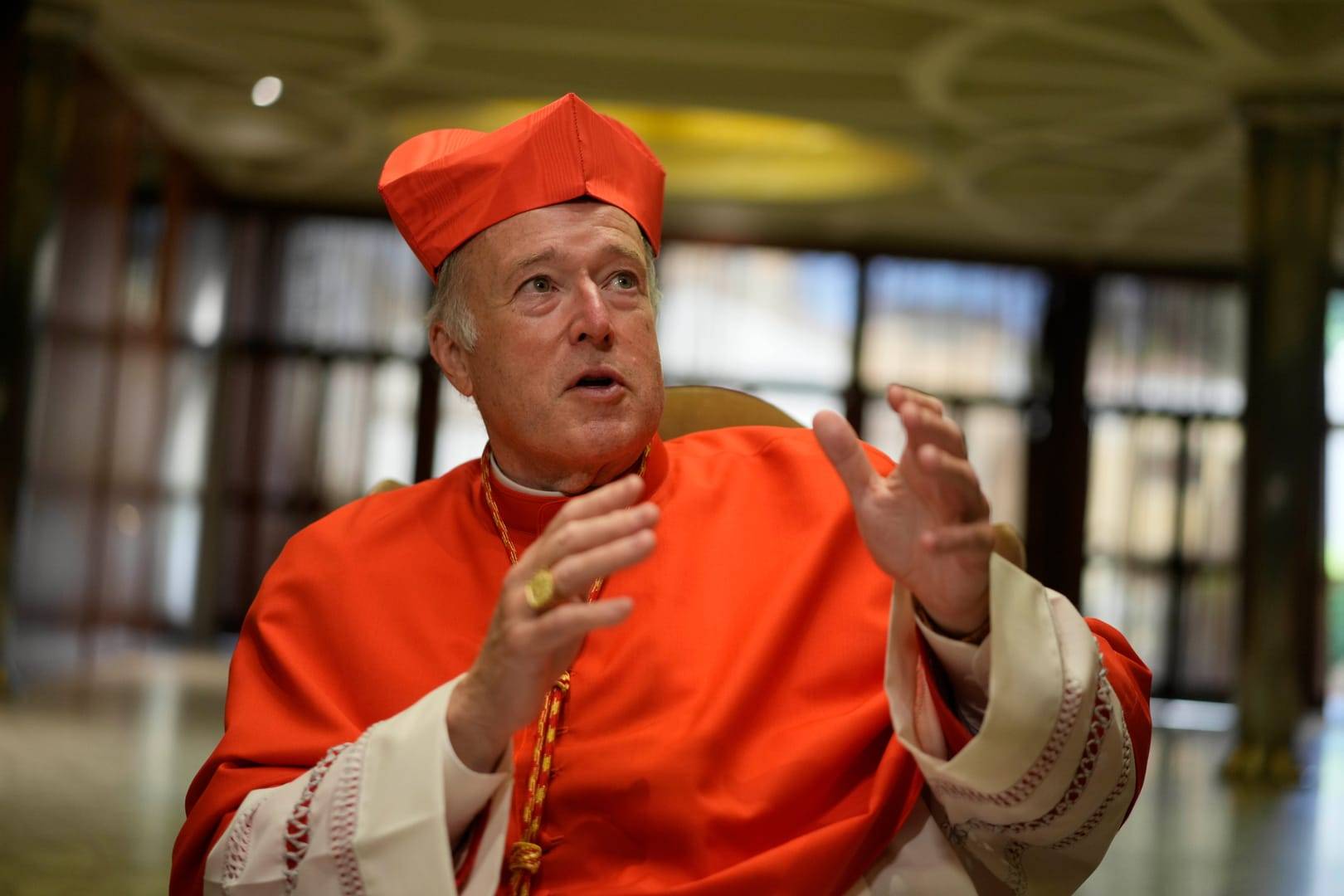NEW YORK – As time runs out for California Governor Gavin Newsom to act on legislation that would limit the use of solitary confinement in the state, a diocese has reignited a push for faith-based organizations to sign a letter urging him to make the measure law.
Despite passing the California State Assembly and Senate last September, Assemblymember Chris Holden decided to keep AB 280 pending in the legislature to prevent a potential Newsom veto and to allow negotiations to continue with the governor, who had already vetoed a prior version.
Around that time, about 50 faith-based entities sent Newsom a letter in support of AB 280, commonly known as “The California Mandela Act” after former political prisoner and human rights champion Nelson Mandela. This month, the Diocese of Oakland has re-publicized the letter, urging more faith-based organizations to sign on to encourage Newsom to accept the legislation.
Newsom has until the state’s legislative session ends on September 30 to do so.
“Over the last two years, we have been supporting an effort to place limits on the use of solitary confinement in California jails, prisons, and private immigrant detention facilities. We are writing to state our support for AB 280, the California Mandela Act by Assemblymember Chris Holden and urge you to support this important human rights initiative,” the letter states.
“We commend your efforts to reform California’s prisons and end policies of mass incarceration. We applaud your support for the reduction of California’s prison population, and the closure of certain facilities that are no longer necessary… However, we believe that none of these policies can stand on their own unless they provide an alternative to the unchecked use of solitary confinement,” it continues.
The Catholic entities that have signed on to the letter include: the California Catholic Conference, Sisters of Mercy California, the Network Lobby for Catholic Social Justice, the Archdiocese of Los Angeles, and the Dioceses of Monterey, Orange, San Jose, Stockton, San Diego, San Bernardino, and Oakland.
Solitary confinement is the isolation of a prisoner in a separate cell as a punishment.
Among the changes, AB 280 would ban solitary confinement for specific populations including individuals with mental, physical and developmental disabilities, pregnant women, and people under 26 and over 59-years-old. The legislation would also limit solitary confinement for an individual to no more than 15 days, or 20 days total in any 60-day period.
Newsom has publicly stated that solitary confinement in California is “ripe for reform.” However, he vetoed a previous version of AB 280 because it “establishes standards that are overly broad and exclusions that could risk the safety of both the staff and incarcerated population within these facilities.”
The sentiment echoes that of the California Department of Corrections and Rehabilitation.
Reached by Crux, a spokesperson for Newsom declined to comment on the legislation.
Last November, CDCR, in conjunction with Newsom did implement reforms to solitary confinement use in the state. These reforms limited the use of solitary confinement to only situations where an individual has engaged in violence, and increased access to rehabilitative programming opportunities within those settings.
Still, Craig Haney, a Distinguished Professor of Psychology at the University of California in Santa Cruz who is a leading expert on solitary confinement, told Crux that he agrees with the state legislature that the AB 280 needs to be enacted because solitary confinement is still a serious issue.
Haney said AB 280 is “excellent, and badly needed.”
“I think California for a long time has overused solitary confinement,” Haney said.
Haney explained that people have always understood the psychological risks of putting someone alone in a cell and leaving them there for long periods of time. But what they’ve learned through research over the last several decades is that solitary confinement also can lead to neurological changes in people’s brain functions, in addition to physical deterioration.
“We now know that solitary confinement represents a risk of harm along multiple dimensions,” Haney said. “There’s this derealization and depersonalization that overtakes people if they’re in solitary confinement often or for especially long periods of time when they’re denied meaningful contact with other people.”
The letter from faith-based entities notes that solitary confinement that lasts more than 15 consecutive days is recognized by the United Nations as torture. It also notes that in recent years other states including Connecticut, New Jersey, and New York have already signed Mandela-like legislation.
“These governors, and their state legislative bodies, have found that limiting the use of solitary confinement in state prisons, jails, and detention centers does not compromise safety inside these facilities, and in fact can make them safer for both staff and incarcerated individuals,” the letter states.
“The California Mandela Act provides important baselines for all detention facilities in our state and would add California to the growing list of states that are respecting the human rights and dignity of people who are incarcerated,” the letter continues.
The letter also highlights the common belief among the different faith traditions that every individual possesses inherent worth and deserves to be treated with dignity, and the way solitary confinement contradicts “the fundamental religious principles of redemption, compassion and the pursuit of justice.”
“Solitary confinement is torture,” the letter states.
“As moral authorities within our state, we implore you to utilize the authority vested in you to put an end to this harmful practice that flagrantly disregards essential human rights and violates the inherent, divinely bestowed dignity of every individual,” the letter concludes. “We urge you to draw on both your personal faith and your role as a public leader to support the California Mandela Act.”
Follow John Lavenburg on X: @johnlavenburg












